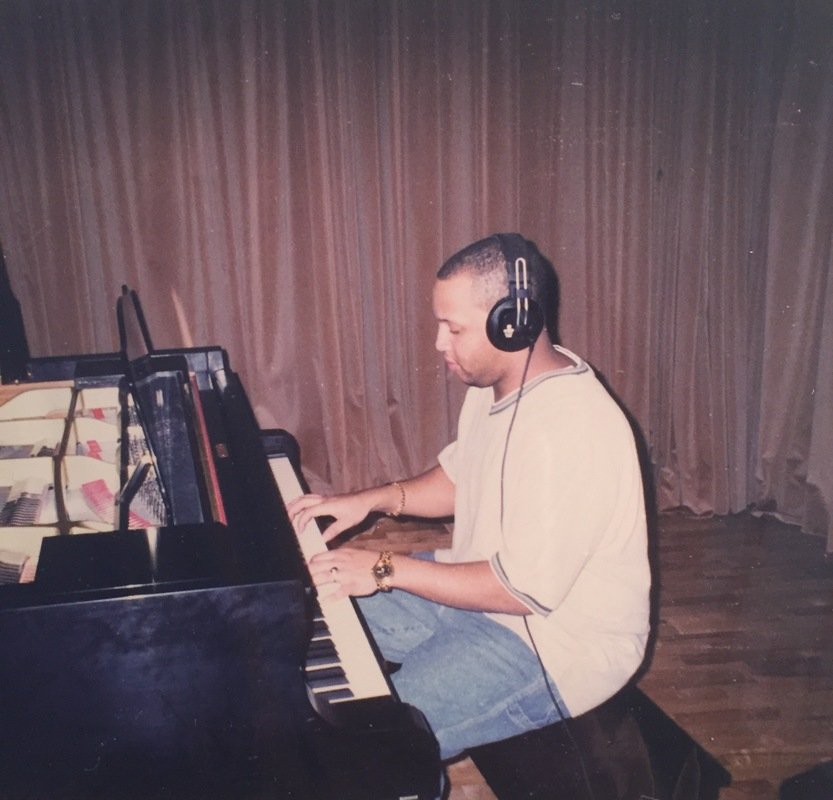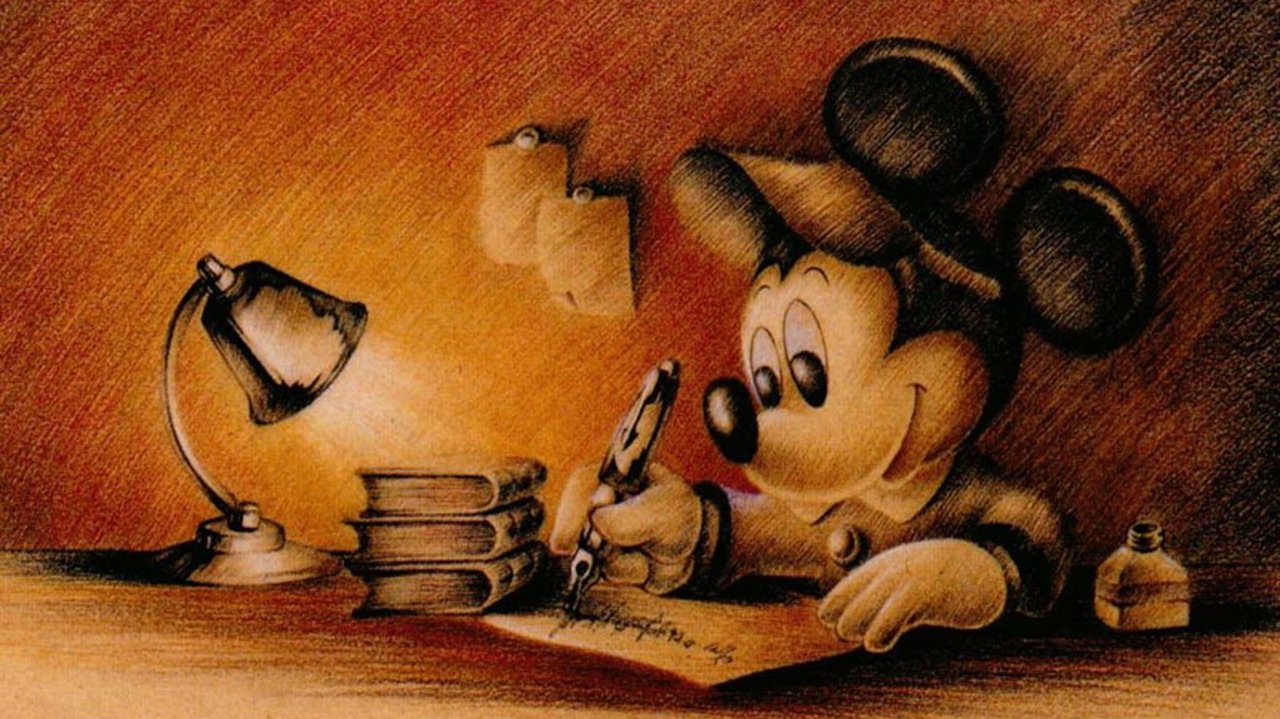
First of all, I want to say thank you to all the people that supported my first post. I really am humbled by your encouragement! My goal Is to help individuals to achieve their dreams of songwriting/composing. I'm merely just passing on the knowledge that I have gained In my career that spands over two decades! (Man I'm getting old:) So without any further ado, here we go...In our first post, we ventured into the basics of "How to write a song." For those of you that missed it, please click here. That should get you up to speed with the rest of the class:) Before we get into the second part, we need to establish some basics from part one. These are the foundation core principles that I have used to write and compose music for over 20 years! I'm sure that they will aid you In your quest for "Sonic Freedom!" Use these before you start any project.To recap, they are P.E.V.S.S or:
- Passion
- Emotion
- Vision
- Subject
- Structure
You've Written Your Song and Are Ready To Go!
That's great! If it was your first time, It probably took you a long time. But that's okay. Over time, It will take less, and less time. The more you PRACTICE (there's that magical word again) at it, the easier It will become. Just like when you were a baby. You didn't just come out running a mile around a track in four minutes! No. First, you had to crawl. Next, you learned to walk. Then finally, you were running so fast that your parents probably couldn't keep up with you! This all took time. But, just as Important as learning how to walk, It's just as vital that you "fall down." Yes. It's okay to make mistakes at first. Trust me, you are going to make a lot! I still make them...shhhh! Don't tell anyone though:) lol The crucial thing when you make a mistake, Is that you LEARN FROM IT. Sound pretty close to something else? If you guessed life, you got it!
Music Theory
- Note Values
- Scales
- Chords
- Melodies
- Adding music Underneath the lyrics
Before we start this section, please do not get OVERWHELMED! There are many different components that come within the compostion of music. So, I will briefly touch upon them all. I do recommend that you do some further research, study, and mentally digest all of these elements. It WILL take time:)
Note Values
What are note values? "Note Values", basically show how long a note Is to be held, Or, not held. (As In a rest) Notes are counted In the form of a beat. Think of your actual "Heartbeat". It has a certain Rhythm. Sometimes It speeds up when you're excited. Sometimes It slows down when your resting. (As a exercise, go into a very quiet room, and close your eyes. Listen to your heartbeat. What do you hear? Notice how the "beats" differentiate. Each time you here a "pulse", that Is a beat...Or tempo) To break it down even simpler, can you count 1, 2, 3, 4?"
1= 1 Beat
2= 2 Beats
3= 3 Beats
4= 4 Beats
Now that we know what a beat Is, we can now apply that knowledge into notes. Below, I have a chart that show's you how the note values are arranged, and what they look like. And yes, there Is mathematics involved, so I hope that you paid attention In school! lol Here we go:
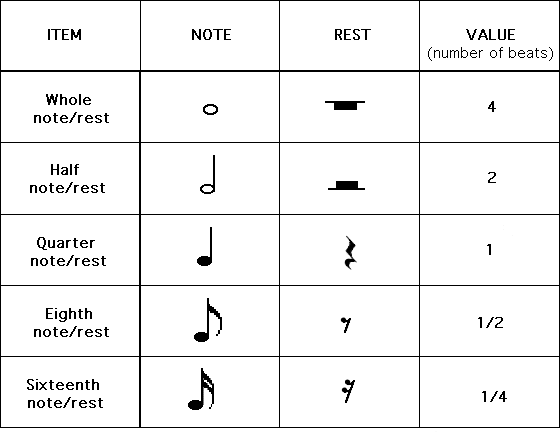
So In a "Whole" note, there are 4 beats. A "Half" note, Is two beats. A "Quarter" note, Is one beat. An "Eighth" note Is half of a quarter beat. And a "Sixteenth" note, Is half of an eighth beat. There are even smaller note values, but we'll just stick to the basics for now. *Pop Quiz* How many "Quarter" notes fit inside a "Whole" note? If you answered four, Congratulations! You now understand note values:)
Scales
Scales, are tiny little bones on a fish...No! lol Not those scales:) Music scales, are a group of separate notes, that are classified by their frequency, or pitch. The higher you go In the scale, the higher the pitch. The lower you go, the lower the pitch. So to simplify: If I go higher In pitch, It will sound like the "Chipmunks." If I go lower In pitch, think "Barry White!" And that's pretty low! Hope that helps:)
The best way to understand scales, Is to use an Instrument. I would say, that IMO, the piano Is one of the BEST Instruments to compose on. But certainly, not the only one. For this example, I will use a chart of the C Major scale (On the piano) to demonstrate how a scale relates to tone. A scale, Is made up of seven notes. The eighth note, doubles in it's tonal frequency. That, Is know as an "Octave". (Notice the two C's)
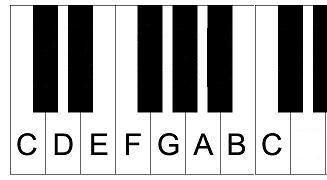
Chords
Chords, are a group of notes played together, at one time. Simple enough, right? If we take the chart above, and played the C, E, and G notes of the scale, that would give us a "C Major" Chord. But, there are many, many ways to play a chords In the key of "C" . Here Is a chart of all the chords you could do:
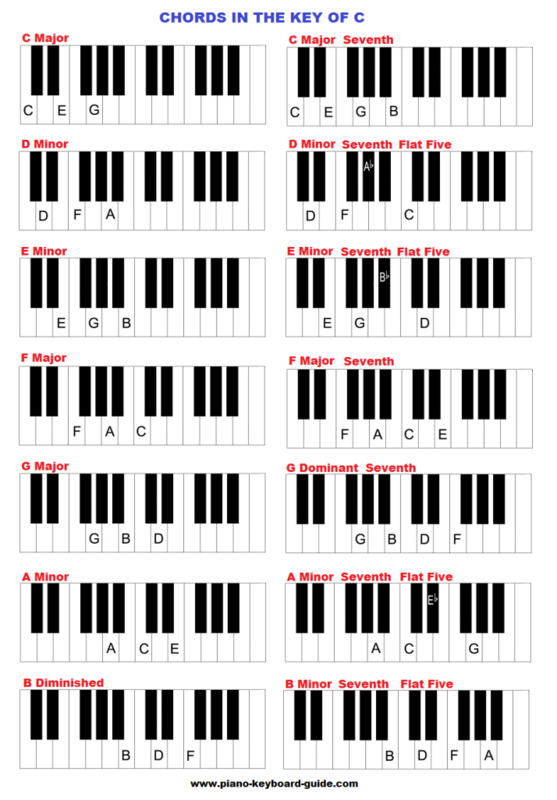
So now you have an understanding of what chords are, and how many of them you can use. I haven't even began to scratch the surface with chords, but my goal Is to keep It as simple as possible:)
(In a studio session with Rob Maletick, recording his album at Masterfonics Studios In Nashville Tennessee...The live Room was HUGE!!!)
Melodies
If you were to hum the children's song "Row Your Boat", you would now know exactly what a melody Is! A melody, Is an enjoyable number of notes In a scale, played Separately. They are also considered to be the "Main" line of the song. (Or the hook...Remember "Find A Way" In our first blog session?) "I don't hear what they say...I don't care what they do...etc...You get the picture!
Adding music Underneath the lyrics
And once you have all of those components together, you just experiment with the words, melodies, and chords. Over, and over, and over again. Did I mention the word PRACTICE? lol I am not going to lie to you and say that it's easy! No. It takes focus, patience, and concentration to get thru any song. I sacrificed many times hanging out with my friends, and sometimes my family for my craft. That Is one of the things that Is emotionally the hardest to deal with. It also helps If they support you In what you do...Big time! But, I am going to tell you that It's not impossible either. WORDS OF WISDOM: Learn how to balance your time with your family! Just trust me on this one:) Take this knowledge of the note values, scales, chords, and melodies. Put them all together with your written song. Add In your P.E.V.S.S, and you will be WELL on your way to writing and composing your first song! There Is literally "Years" I could spend telling you about how to structure a song. Remember, the ways to write and compose a song are Infinite...But Rome wasn't built In just one day either! lol So keep at It, and until next time: Living the Steemit-Life:)
"Find A Way", Is available on Itunes, Apple Music, Google Play, Amazon, Spotify, Tidal, Deezer, Beats and more! It's under my production name "M5". I wrote, produced, arranged, and recorded ALL vocals.
Thank you!

